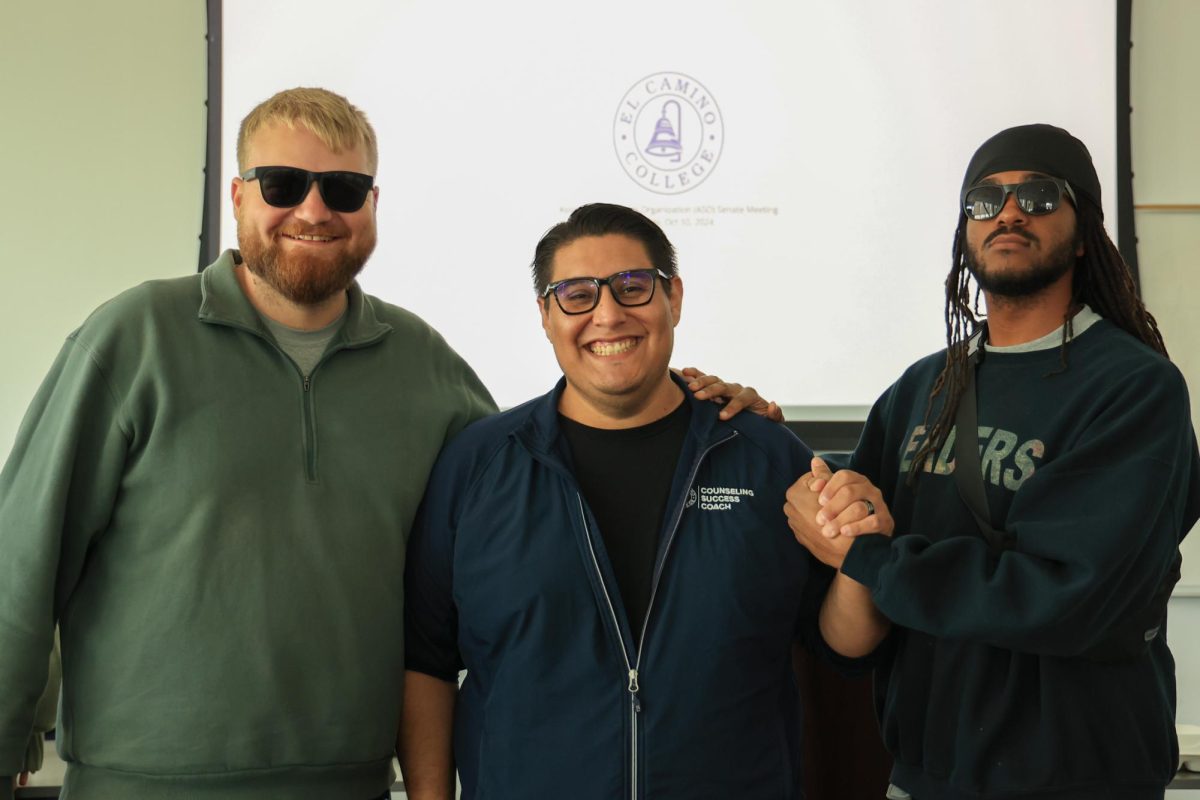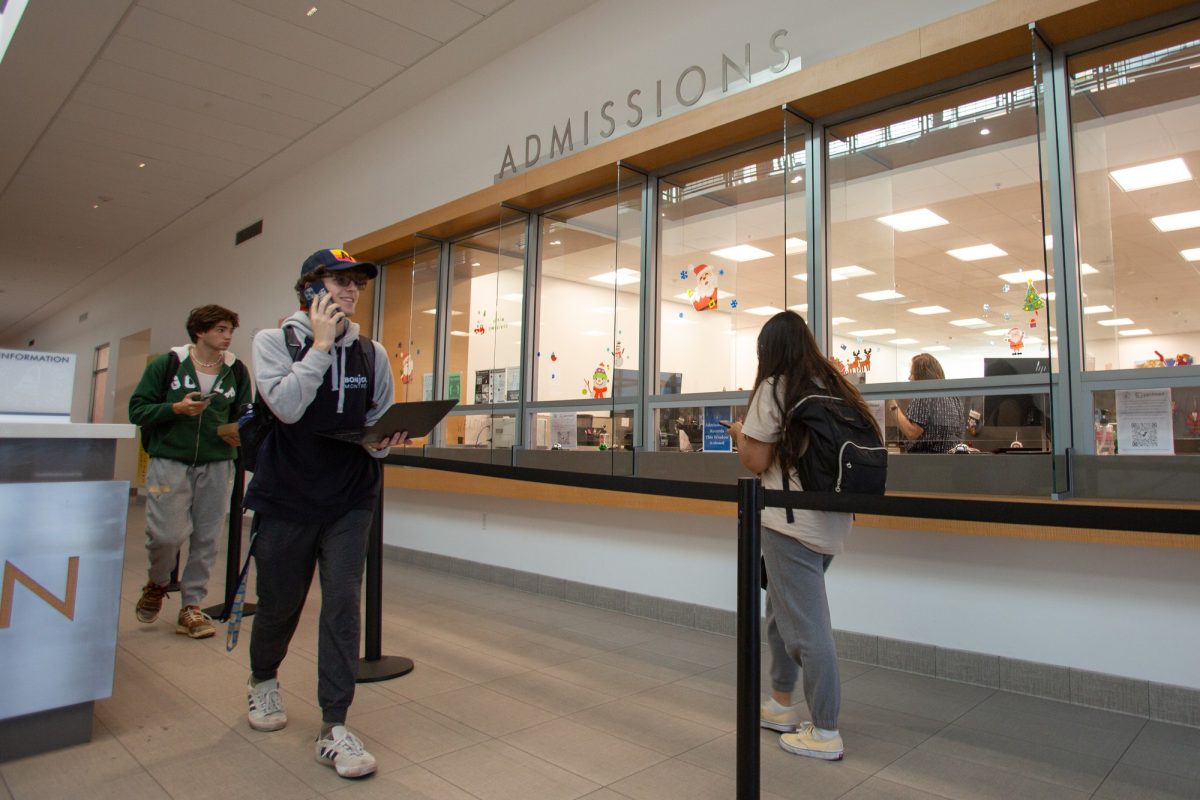Coming into this fall semester, EC’s Accrediation Task Force planned to resolve the issue of the college’s accreditation warning status, according to President Tom Fallo’s newsletter.
Accreditation is a certification that a college meets specific requirements in order to fulfill academic excellence in its curriculum, programs, and facilities.
“It’s something that every school, kindergarten to universities, strive to keep because it means that their degrees are really worth something,” Dr. Arvid Spor, dean of enrollment services said.
He said that before this semester began, plans were created and put into a planning software that consisted of recommendations that the Accrediting Commission for Community and Junior Colleges (ACCJC) had given us.
The Accreditation Task Force, which consists of key leaders on campus including Spor himself, has been working to write revisions for each recommendation.
Spor said there were 8 recommendations given by the Committee that dealt with the college’s institutional planning, program reviews, budgeting, use of resources, and updating class curriculums.
“The college is evaluated every 6 years, but beginning in 1990, EC began receiving these recommendations from the state’s accrediting committee to improve its problem areas,” he said.
According to a letter from the Accrediting Committee, EC was evaluated in 1996 and again in 2002 and although not all the recommendations were fulfilled, the committee extended the college’s time to correct the problems because they saw that work was already in progress.
In 2008 ACCJC visited the campus once more, but it still did not meet all of its requirements to get back up to the sustainable level.
“Last year, we believed we did what the commission had asked. Unfortunately when they came, they said we weren’t quite there yet because we still had to complete the planning cycle,” Spor said.
He said that the Committee would give the college time to complete its planning cycle and was given 2 deadlines to turn in a report of its progress to the College Council and Budget and Planning Committee.
The first report was turned in on April 1 and a Follow-Up Report is due by October 15 and that is when the committee will ultimately decide whether the college is ready to move back up to the sustainable level or drop below the warning status.
Spor said that if the college were to drop below its current status, the next level down would be “assess probation” and the last would be “showcause”, but it is likely that EC’s warning status will be removed the next time ACCJC comes to assess the college’s progress.
“If the committee does see that we’ve done everything we were supposed to, they would take off the warning status but there would still be recommendations and we would still have to keep updating them on our progress,” he said.
Even though Spor thinks it most probable that the warning will be removed, the college’s current accreditation status has discouraged some students.
“I really hope we can get back up to the sustainable level,” Alana Young, biology major, said. “It makes me really nervous that we’re even on warning status right now and it’d be pointless to come back if we dropped below warning level.”
Knowing that the college’s warning status may scare some students, Spor reassures them that its accreditation level should not scare them and discourage them from attending.
“We’re not the only college that has been put on a status below sustainable. About 30 percent of schools in California are on some level right now. We are making great progress and our status will probably be removed the next time we are evaluated.” he said.
Categories:
Task Force works on accreditation
By Jennifer Hua
•
October 15, 2009
More to Discover








